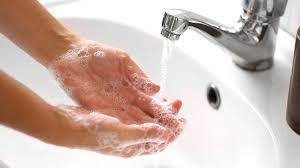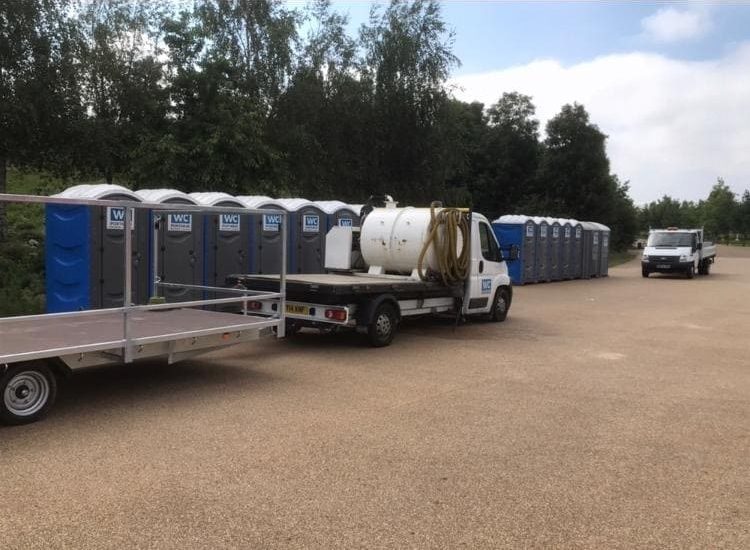Hygiene remains an essential factor when using public or private toilets. How we clean our hands after doing a number one or two is quite important in preventing the spread of germs. Using hand sanitisers or washing our hands are two methods that are applicable after answering the call of nature.
The more hygiene minded toilet users tend to both wash their hands and use a sanitiser. A few travel with a hand sanitiser in their backpack or handbag at all times. We will look at some of the factors that will determine washing your hands or using a hand sanitiser.
Factors that influences you to wash your hands
1) The presence of grease or visible dirt: Whilst using a public toilet facility, your hands may likely come in contact with faeces remnants, grease, blood stains or make-up. If you encounter any of these scenarios, washing your hands with soap and water is very important. As using a hand sanitiser will kill any germ lurking in your palms or hand, but may fail to completely get rid of any stain.
2) The hand sanitiser label is peeled off: On rare occasions, the hand sanitiser may have lost its label due to regular touch from other users or poor packaging. In these moments, you may be unsure of the contents and washing your hands will be the best option. As a hand lotion could be mistaken for a sanitiser.
3) Hand sanitiser that is not properly sealed: Some hand sanitisers are made from alcohol and when their lids are not properly intact, they are bound to lose some potency. Using a facility with exposed hand sanitiser makes washing hands the best option.
4) Not all hand sanitisers are equal: Research does suggest that alcohol-based sanitisers will deal with bacteria like E-Coli. As the CDC recommends, we use hand sanitisers with at least 60% Alcohol. If the hand sanitiser available in a toilet does not contain the required amount of alcohol, opting to wash your hands will be the best option.
It is important to wash your hands properly to get rid of as much dirt and bacteria as possible. As research also suggests that most people only dash or dip their hands in water for about five seconds. You’ve got to wash your hands for more than five seconds and possibly with antibacterial soap to complete the toilet due diligence.
When do you opt for the toilet hand sanitiser?
1) When there are no taps available: Some portable toilets do not have built-in washing hand basin and tap. They are usually equipped with hand sanitisers. In these circumstances, you are only presented with the option of cleaning your hands with the sanitiser.
2) Faulty taps: On a rare occasion, a public toilet facility could be struggling with faulty taps. Using a hand sanitiser in this circumstance is also the only ideal solution.
3) The facility has run out of liquid soap: A busy public toilet stands a chance of running out of soap. When this occurs, washing your hands in water and applying sanitisers may be a good combination.
Leaving the private-public toilet clean cannot be compromised. The above circumstances could dictate which of the hand hygiene option you go for.
Image credit: Curiosity.com




